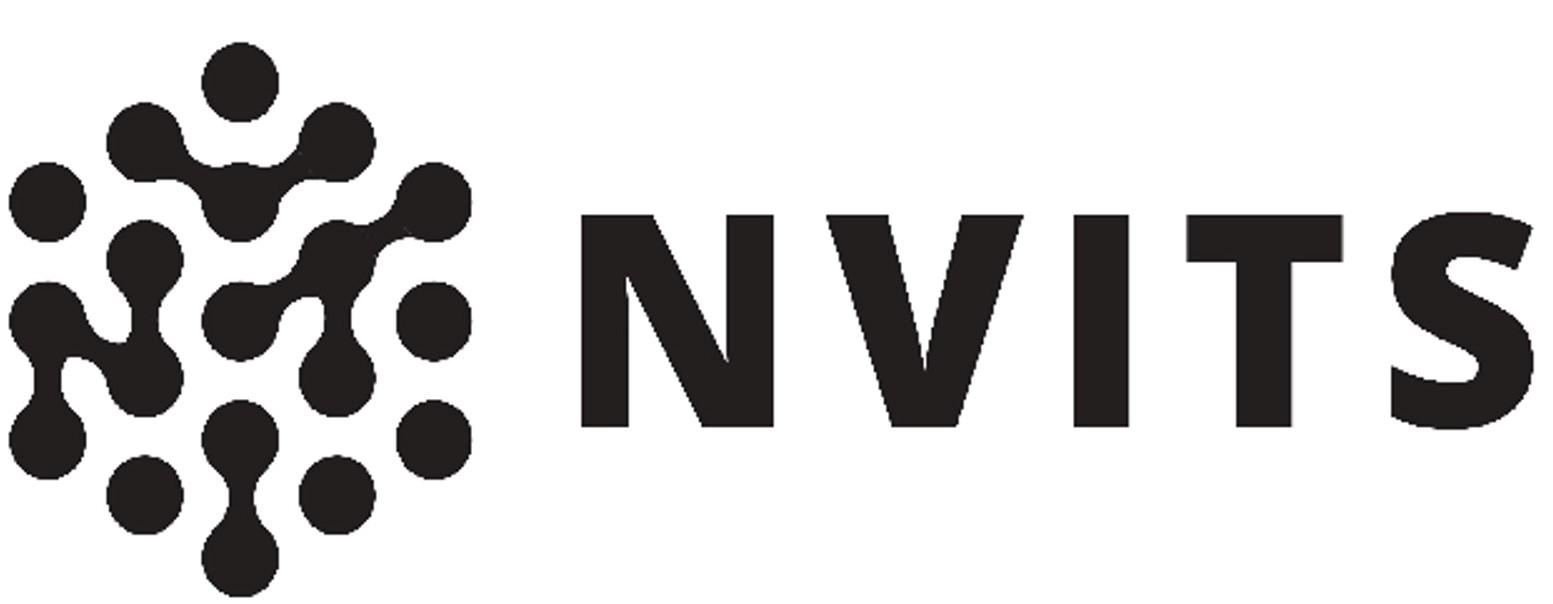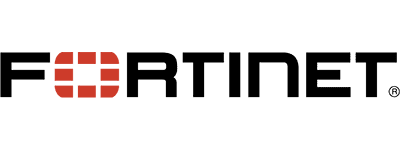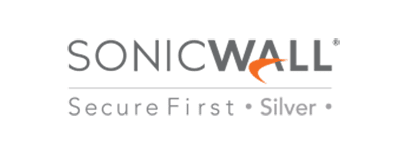HIPAA Compliance
Confused by the Rules?
Is HIPAA too complex to confidently navigate?
Worried you’re missing something critical?
Risk of Costly Violations?
Unsure if your policies meet all security requirements?
Concerned about fines or legal trouble from non-compliance?
Unsecure Patient Data?
Is sensitive health info scattered across systems?
Struggling to ensure full protection from access to storage?


No Regular Audits?
When was the last time you assessed compliance gaps?
Is your team assuming you’re safe without checking?
Manual Processes, High Risk?
Still handling PHI with outdated or insecure methods?
Are simple mistakes putting patient trust at risk?
Lack of Staff Awareness?
Is your team properly trained on HIPAA responsibilities?
Could one click jeopardize your entire compliance status?
Nevada IT Solutions will never leave you confused as to whether or not your business is implementing HIPAA Compliance requirements correctly
We follow through with our guidelines.
Making sure your company is HIPAA Compliant absorbs time, personnel, and other valuable resources from your business. This is why Nevada IT Solutions provides a detailed solution that offers a user-friendly procedure, that is accurate and headache free.
With Nevada IT Solutions, you can stop worrying if your compliance efforts are going to waste. Let us give you comfort as we guide you and your business down the path of compliance. You will know your patients and organization are protected and will be able to have peace of mind knowing your data isn’t being compromised.
HIPAA stands for the Health Insurance Portability and Accountability Act of 1996, which was enacted by Congress to protect sensitive patient data.
The act contains a “Privacy Rule” and a “Security Rule,” which in turn protects the privacy of and sets standards for the security of electronic protected health information (e-PHI). Taken together, these rules establish national standards for how companies working with sensitive patient data must ensure confidentiality, availability, and integrity.
HIPAA sets the standard for protecting sensitive patient data by requiring companies that deal with protected health information (PHI) to ensure that all the required physical, network, and process security measures have been put into place and are continuously followed.
The HIPAA Privacy Rule focuses on the saving, accessing, and sharing of medical and personal information of any patient or individual.
The two groups that HIPAA applies to would be covered entities (CE), and business associates (BA). Covered entities involve anyone who is providing treatment, payment, and operation in healthcare, while business associates focus on patient information or anyone who provides support in treatment, payment, or operations.
Did you know that it isn’t just your business that must be HIPAA Compliant, but includes the people you do business with? Business associates of businesses, or subcontractors, must also be in compliance. Below are a few examples of both groups, but for more information on covered entities and business associates, visit The Department of Health and Human Services (HHS)
Examples of Covered Entities:
- Doctors
- Dentists
- Pharmacies
- Health Insurance Companies
- Company Health Plans
Examples of Business Associates:
- CPA
- Attorney
- IT Providers
- Billing & Coding Services
- Laboratories
Examples of Covered Entities:
- Doctors
- Dentists
- Pharmacies
- Health Insurance Companies
- Company Health Plans
Examples of Business Associates:
- CPA
- Attorney
- IT Providers
- Billing & Coding Services
- Laboratories
It is relevant to know who you are hosting your sensitive data with.
In fact, you are required to host this data with a HIPAA-compliant hosting provider, who is required to have administrative, physical, and technical safeguards in place.
Physical Safeguards
This includes limited facility access and control with authorized access in place. All companies that are required to be HIPAA compliant must have policies about the use and access of company workstations and electronic media. Included in these policies are the actions of transferring, removing, disposing, and re-using of electronic media and electronic protected health information (ePHI).
Technical Safeguards
Technical safeguards require that only those authorized to access electronic protected health data have the authorization to access control. Accessing control includes the use of unique user identifications, emergency access procedures, as well as an automatic log off encryption and decryption. It is also a requirement that tracking logs or audit reports are kept for records of activity on hardware and software. This is helpful to locate the source if there is ever a security violation.
Technical Policies
The purpose of technical policies are to confirm that ePHI is not being altered or destroyed. Data backup solutions should always be in place to ensure that any electronic media errors can be fixed quickly and any patient health information can be recovered accurately and intact.
Network (or Transmission) Security
This safeguard is required in order to protect ePHI data from unauthorized public access, which includes all methods of transmitting data by email, Internet, private network, or cloud.
Our Comprehensive Services
End-to-end IT management and cybersecurity solutions designed to protect your business,
optimize your technology, and drive your growth.
Managed IT Services
Comprehensive IT management, monitoring, and support to keep your systems running smoothly.
Cybersecurity Solutions
Multi-layered security strategies to protect your business from evolving threats and breaches.
Cloud Services
Secure cloud migration, management, and optimization for improved flexibility and scalability.
Network Infrastructure
Design, implementation, and management of reliable and secure network solutions.
IT Helpdesk Support
Responsive, knowledgeable support for all your technology challenges and questions.
Data Backup & Recovery
Robust backup solutions and disaster recovery planning to protect your critical information.
Cloud Services from Nevada IT Solutions are easy, quick, and economical to implement.
Call Nevada IT Solutions @ (775) 525-1488
Common IT Challenges Business Owners Face
We understand the technology pain points that keep you up at night. Our solutions directly
address these common challenges.
Cybersecurity Vulnerabilities
Businesses face evolving threats from ransomware, phishing, and data breaches that can devastate operations and reputation.
System Downtime
Unexpected outages and technical failures lead to lost productivity, missed opportunities, and frustrated employees.
Outdated Infrastructure
Legacy systems create compatibility issues, security risks, and prevent adoption of productivity-boosting technologies.
Unpredictable IT Costs
Break-fix approaches lead to budget-breaking emergency repairs and unpredictable technology expenses.
Talent Shortage
Finding and retaining qualified IT staff is increasingly difficult and expensive in today’s competitive market.
Time-Consuming Management
Business owners spend valuable time troubleshooting IT issues instead of focusing on growth and core operations.
Stop worrying about IT problems. Let us handle them for you.
Our Technology Partners
What Our Clients Say
Don’t just take our word for it. Here’s what business owners like you have to say about our services.
Get In Touch
Ready to secure your business and optimize your IT? Contact us today for a free consultation.



























